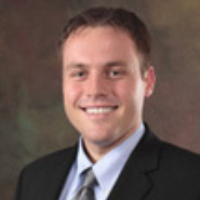Raisin City Estate Lawyer, California
Sponsored Law Firm
-
 x
x

Click For More Info:
-
Wade Law Group
84 W Santa Clara St Ste 750 San Jose, CA 95113» view mapWills & Probate Law Working With Excellent Attorneys
Our goal is to have our core areas of practice rank among the top in the legal community.
888-909-9430
John William Hastrup
✓ VERIFIEDCriminal, Estate, Trusts, DUI-DWI, Felony
Smart Criminal Defense
Local attorney with 15 years of legal experience. Educated at Harvard College and Berkeley Law School. Most importantly, I spend nearly every day in t... (more)
 Amiel Wade San Jose, CA
Amiel Wade San Jose, CA AboutWade Law Group
AboutWade Law Group Practice AreasExpertise
Practice AreasExpertise

